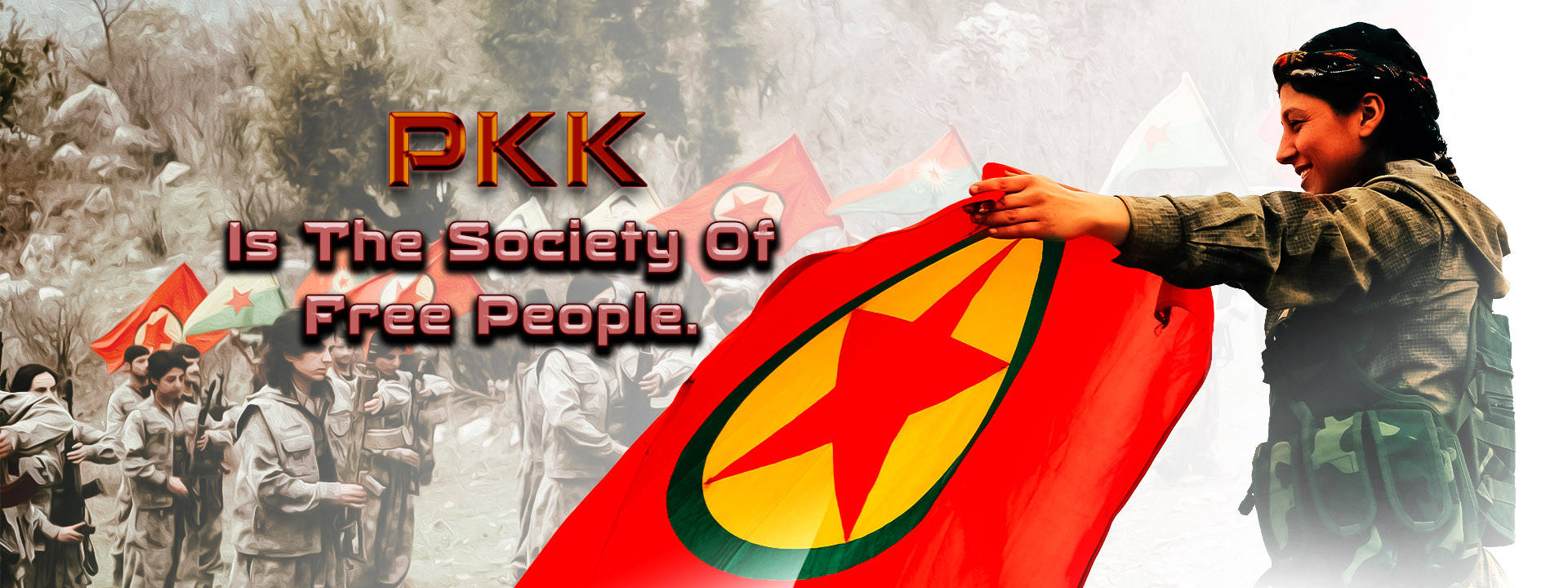To the Press and Public!
1- On 15 November, at 11:15 hour, a movement of the gangs have been developed in between the Villages of Vahde and Xalid/Daqok/Kerkuk.
- Details
To the Press and Public!
In the morning hours of 14 November, the DAIS (ISIS) gangs in the surrounding areas of Cudale, Silo and Skeniye launched an intense attack against Sengal Mountains.
- Details
To the Press and Public!
Our HPG, YJA-Star and YBS forces jointly launched an operation in the area of Bare and surrounding area, on 13 November. As a result of this operation, the three villages in the area of Bare and the Hills have been cleaned from the ISIS gangs and all the area taken over.
- Details
To the Press and Public!
1- the drones belong to the occupier Turkish state army carried out search flights on our guerrilla Region of Zap/the Medya Defence Areas, in between 13-14 November, 19:30 – 02:30 hours, and on our area of Avasin on 14 November, in between 00:00 – 01:00 hours.
- Details
To the Press and Public!
1- On 13 November, at 04:30 hour, the HPG, YJA-Star and YBS forces carried out a joint operation against the two Hills in the Village of Bare/Sengal, where the ISIS gangs positioned themselves.
- Details
To the Press and Public!
1- On 11 November, in between 11:00 – 11:45 hours, the intense mobility of the war-planes belong to the Turkish state army have been observed on our guerrilla Regions of Kandil, Xakurke, Gare and Metina/the Media Defence Areas.
- Details
To the Press and Public!
1- The Drones belong to the occupier Turkish state army carried out intense search flights on our Region of Haftanin/the Medya Defence Areas, in between 10 November at 14:30 hour till 11 November at 06:00 hour.
- Details
To the Press and Public!
1- The drones belong to the Turkish state army carrying out intense search-flights on the area of Sumbul, in the district of Gever/Hakkari, for the last two days.
- Details
To the Press and Public!
1- In the noon hours of 8 November, the ISIS gangs attempted to launch an operation in the areas of Cudale, Silo and Sikeniye/Sengal.
- Details
To the Press and Public!
1- On 7 November, in between 11:00 – 16:00 hours, the YJA-Star guerrillas carried out an assassination action against the gangs during a attempting operation by the ISIS gangs in the area of Bare/Sengal. As a result, one gang killed.
- Details



